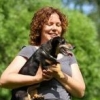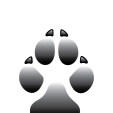Pedigree Breeds
184 entries in this category
-
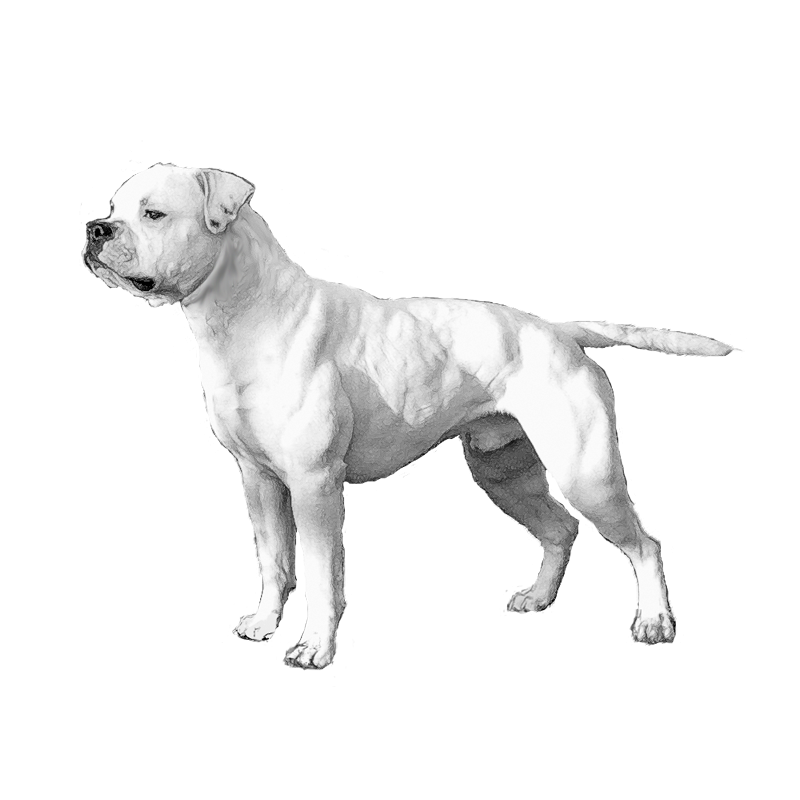
The American Bulldog is a powerful, athletic short-coated dog, strongly muscled, and well boned. The body is just slightly longer than tall. The head is large and broad, with a wide muzzle. Ears are small to medium in size, high set, and may be drop, semi-prick, rose, or cropped. The tail may be docked or natural.
The two men who are recognized as the pioneers of bringing the breed back from possible extinction are John D. Johnson and Alan Scott.
Source: https://www.ukcdogs.com/american-bulldog
Source: https://www.akc.org/dog-breeds/american-bulldog/
- 1 comment
- 3,990 views
-
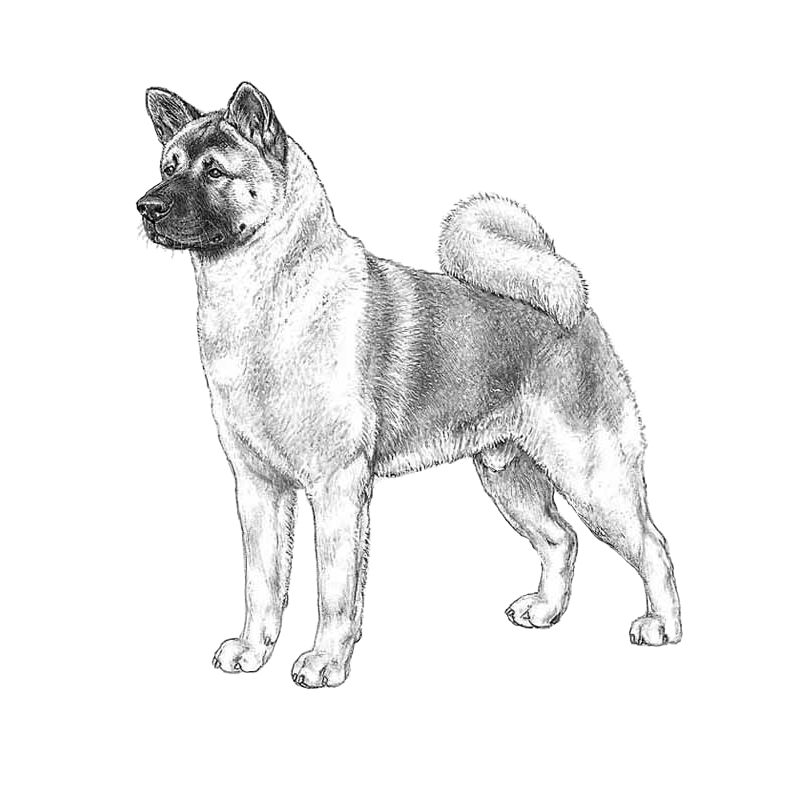
The American Akita is a large, powerful working dog. The dogs are very intelligent, extremely loyal, and can sometimes show an "aggressive" streak, almost exclusively towards dogs of the same sex. American Akitas are not aggressive towards people, but have a highly developed guard and protection instinct. American Akitas also have a strong hunting instinct and may regard small animals as prey to be hunted. Some do not show signs of affection towards people who are not members of their family or people they see regularly.
The American Akita is not hyperactive and adapts to a sedentary life, but it is important for his health that he exercises regularly.
Source: http://www.club-aacf.fr/description.html
- 0 comments
- 2,839 views
-
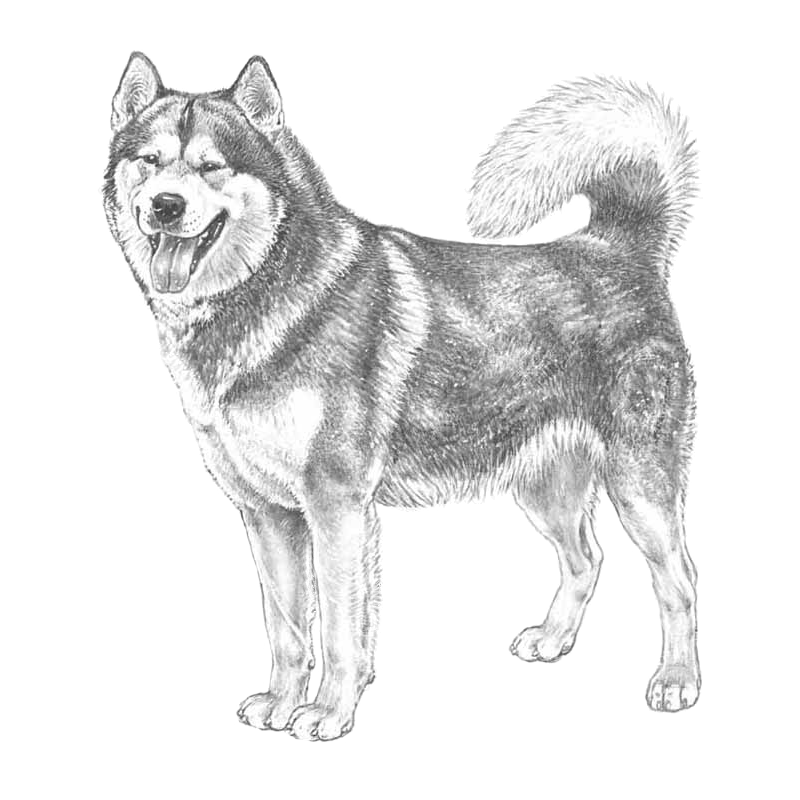
The Alaskan Malamute, one of the oldest Arctic sled dogs, is a powerful and substantially built dog with a deep chest and strong, well-muscled body.
Source: AKC
- 0 comments
- 6,864 views
-
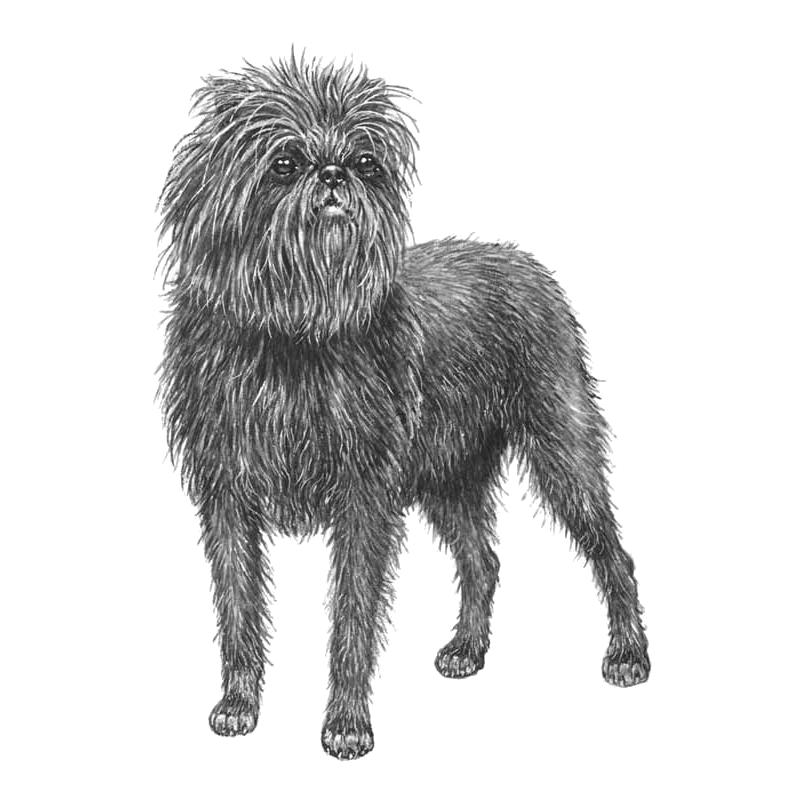
The Affenpinscher is rough haired, small and compact with a monkey-like expression. Fearless, alert, persistent and devoted, sometimes full of quick-tempered passion. He is an agreeable family dog in all aspects.
- 0 comments
- 7,424 views
-
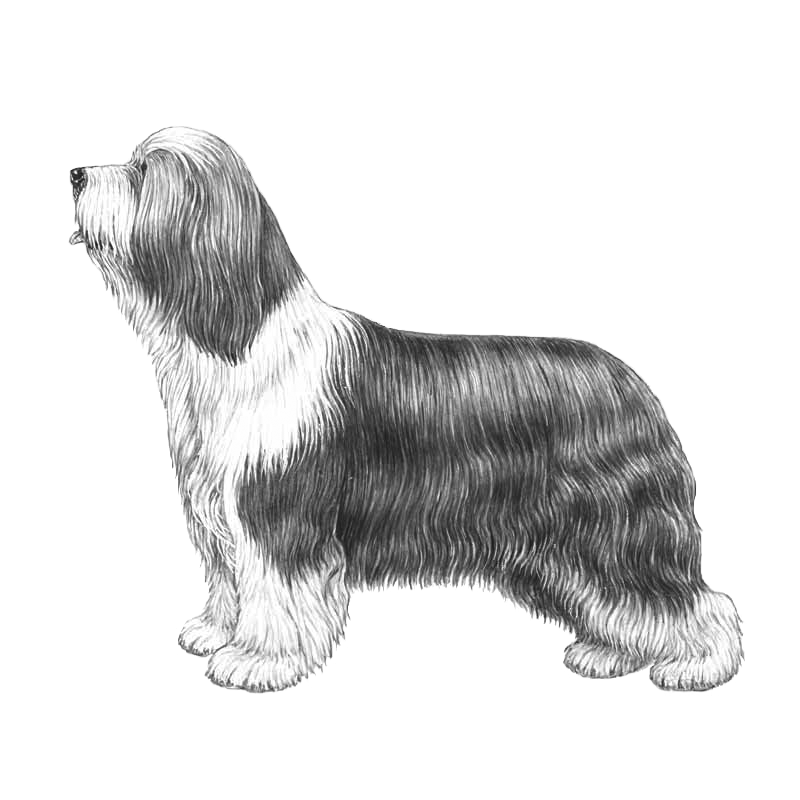
The ‘Beardie’, as he is affectionately known, is a hardy dog with a lovable temperament. His handy size and adaptability, combined with workmanlike qualities, have given him a following far outside the farming community. Ideally suited to life in the country, with a double weather-resistant coat and active nature, he is a happy dog, neither timid nor aggressive. Ready to join in any activity, he has an enquiring expression that seems to ask‘ Well, what shall we do now?’ Gentle, and good with children and adults, he makes an ideal member of a fun-loving family.
Source: The Kennel Club
- 0 comments
- 6,186 views
-
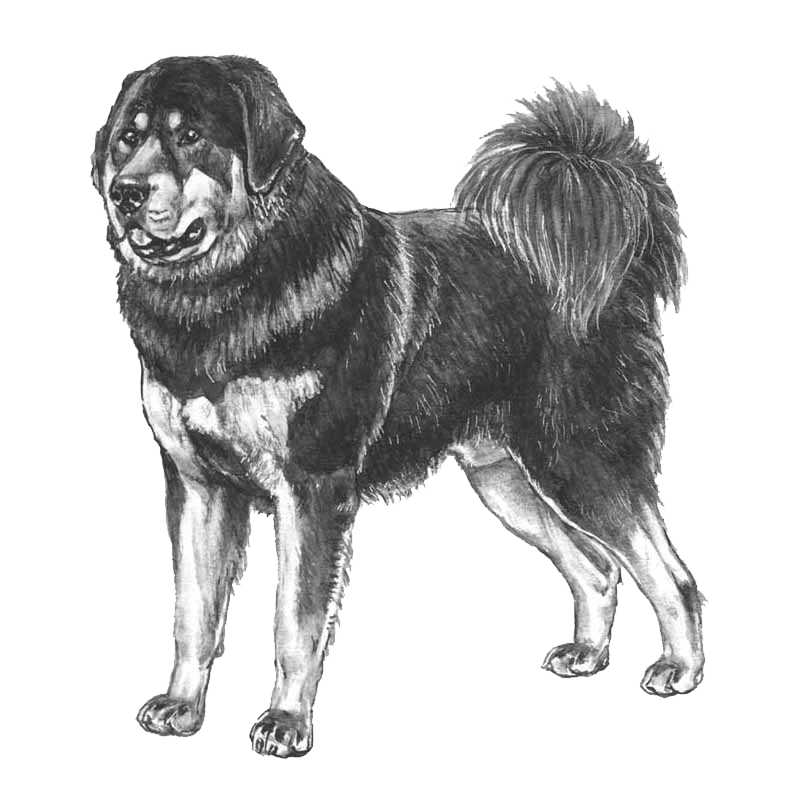
The Tibetan Mastiff (Do Khyi) is an ancient working breed of the nomad herders of the Himalaya and a traditional guardian of the Tibetan monasteries. Independent. Protective. Commands respect. Most loyal to his family and territory.
The dog itself is to be found all through central asia and has different names according to different locations. "The name Tibetan Mastiff is a misnomer; the Tibetan Mastiff itself is not a true Mastiff. The term "mastiff" was used by the Europeans who first came to Tibet because it was used to refer to nearly all large dog breeds in the West. A better name for the dog might be Tibetan mountain dog or, to encompass the landrace breed throughout its range, Himalayan mountain dog."
Source: F.C.I. Breed Standard (PDF)
Source: Wikipedia
- 0 comments
- 4,083 views
-
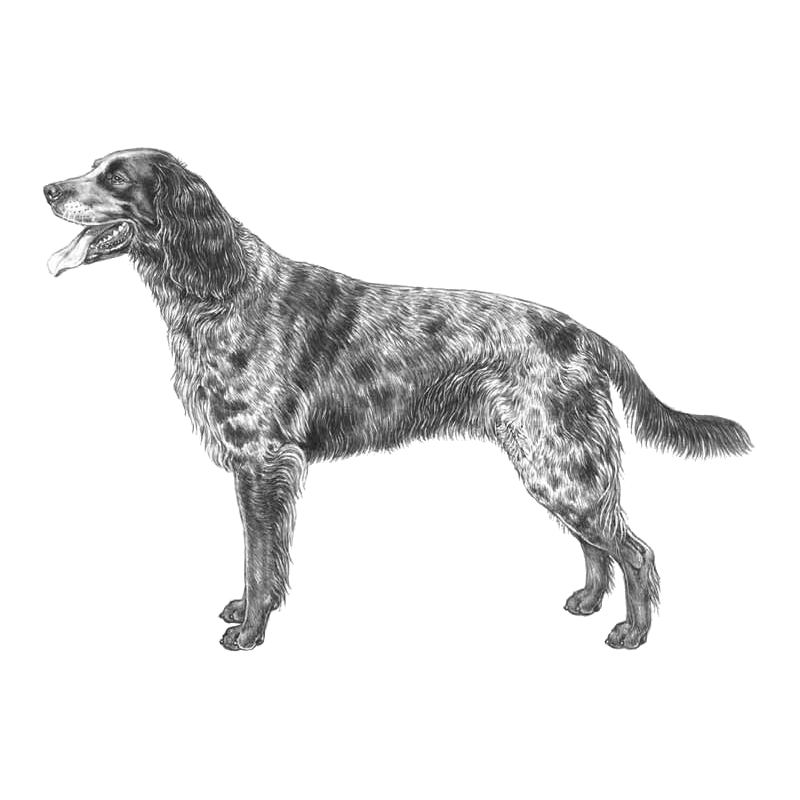
Strong; muscular; low set; flowing lines. Smaller dogs must have plenty of substance, but too massive and thereby clumsy dogs are not desired. Balanced, calm, temperament, good natured, easily trained.
Source: http://www.fci.be/en/nomenclature/DEUTSCH-LANGHAAR-117.html
- 0 comments
- 4,175 views
-
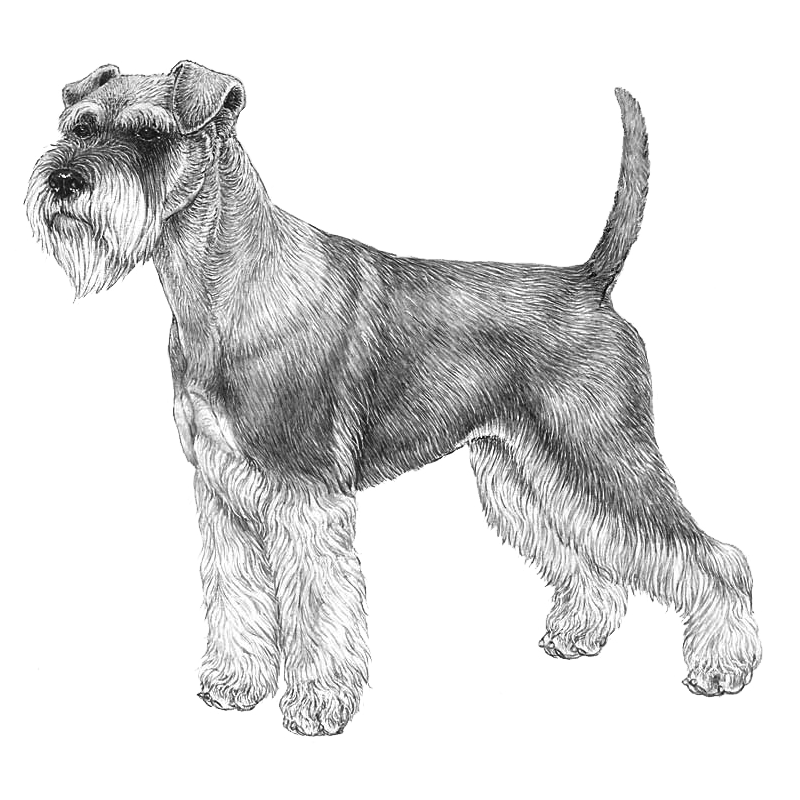 His nature is similar to that of the Schnauzer and is determined by the temperament and the behaviour of a small dog. Intelligence, fearlessness, endurance and alertness make the Miniature Schnauzer an agreeable house dog as well as a watch and companion dog which can be kept even in a small apartment without problems.
His nature is similar to that of the Schnauzer and is determined by the temperament and the behaviour of a small dog. Intelligence, fearlessness, endurance and alertness make the Miniature Schnauzer an agreeable house dog as well as a watch and companion dog which can be kept even in a small apartment without problems.Small, strong, stocky rather than slim, rough coated, elegant. A reduced image of the Schnauzer without the drawback of a dwarfed appearance. His nature is similar to that of the Schnauzer and is determined by the temperament and the behaviour of a small dog. Intelligence, fearlessness, endurance and alertness make the Miniature Schnauzer an agreeable house dog as well as a watch and companion dog which can be kept even in a small apartment without problems.
Source: http://www.fci.be/en/nomenclature/MINIATURE-SCHNAUZER-183.html
- 0 comments
- 6,799 views
-
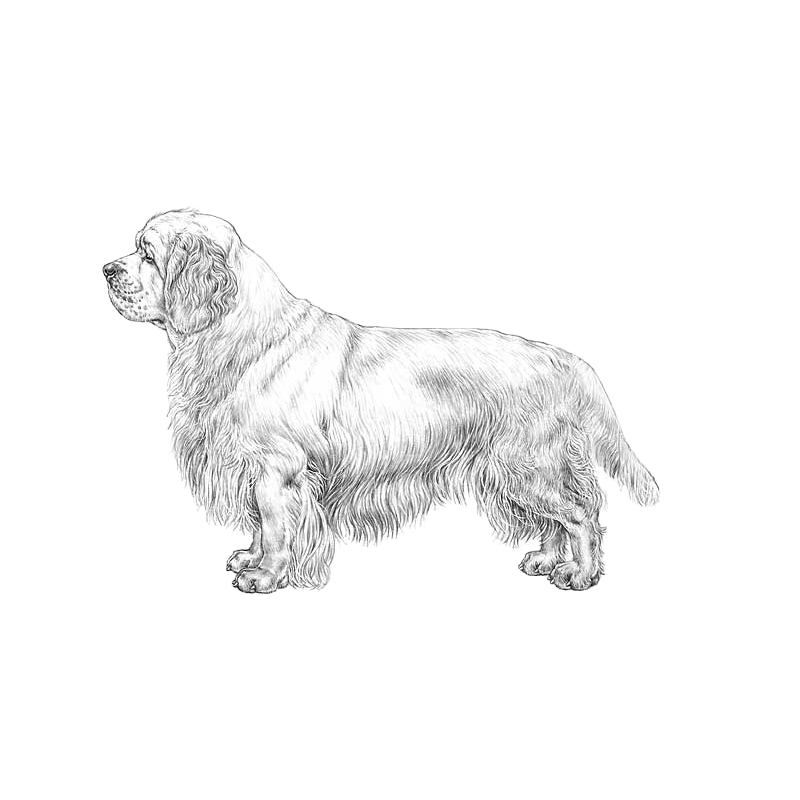
Said to have come in the first place from France more than 200 years ago, the Clumber was brought to Great Britain by the Duke of Newcastle and bred at his family home of Clumber Park in Nottinghamshire.
Source: The Kennel Club
- 0 comments
- 6,649 views
-
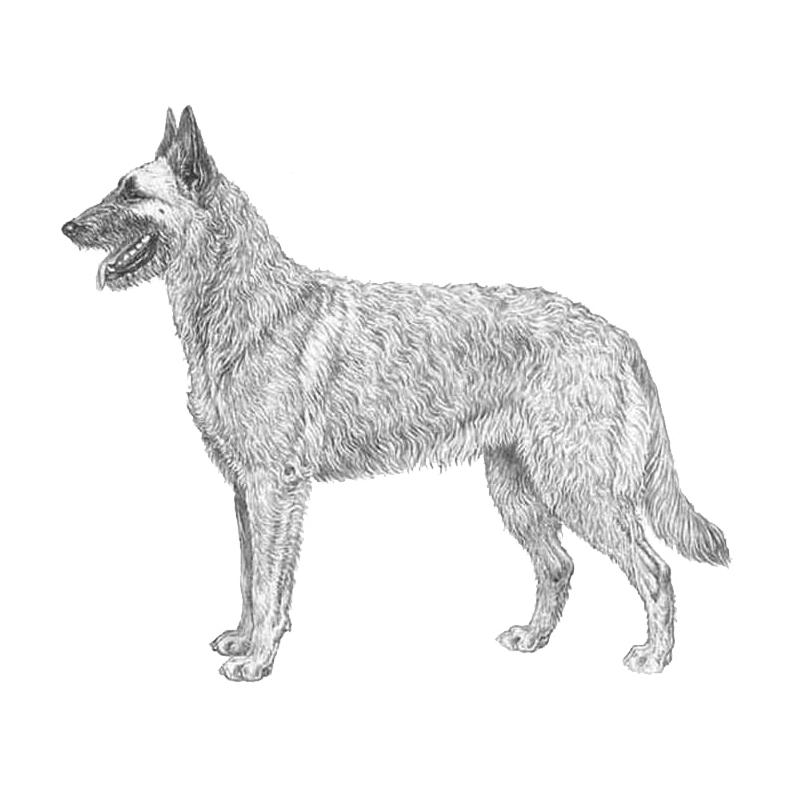
Pronounced lak-in-wah, it is named for the town of Laeken where it originated and is the rarest of the four Belgian herding breeds, which in their home country is considered a single breed.
NOTE: The Federation Cynologique Internationale (FCI) describes the Malinois, together with the Groenendael, the Laekenois, and the Tervueren, as varieties of the Belgian Shepherd dog breed. The American Kennel Club, however, officially recognizes the Belgian Malinois, the Belgian Sheepdog (FCI: Groenendael), the Belgian Laekenois (FCI: Laekenois), and the Belgian Tervuren (FCI: Tervueren) as four distinct breeds.
- 0 comments
- 1,999 views
-
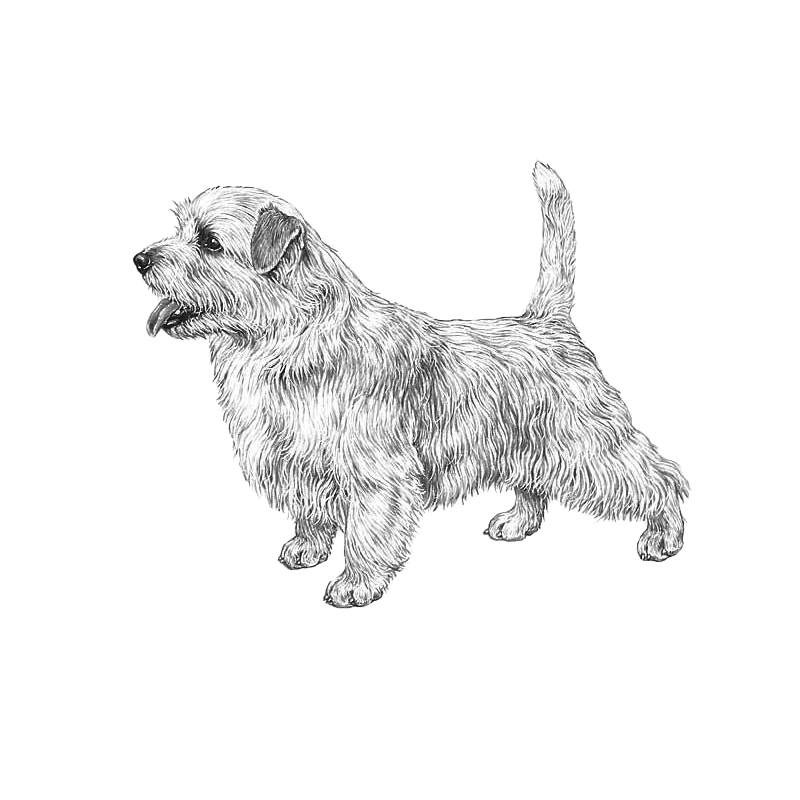
Prior to gaining recognition as an independent breed in 1960, it was a variety of theNorwich Terrier, distinguished from the "prick eared" Norwich by its "drop ears" (or folded ears). Together, the Norfolk and Norwich Terriers are the smallest of the working terriers.
- 0 comments
- 4,471 views
-
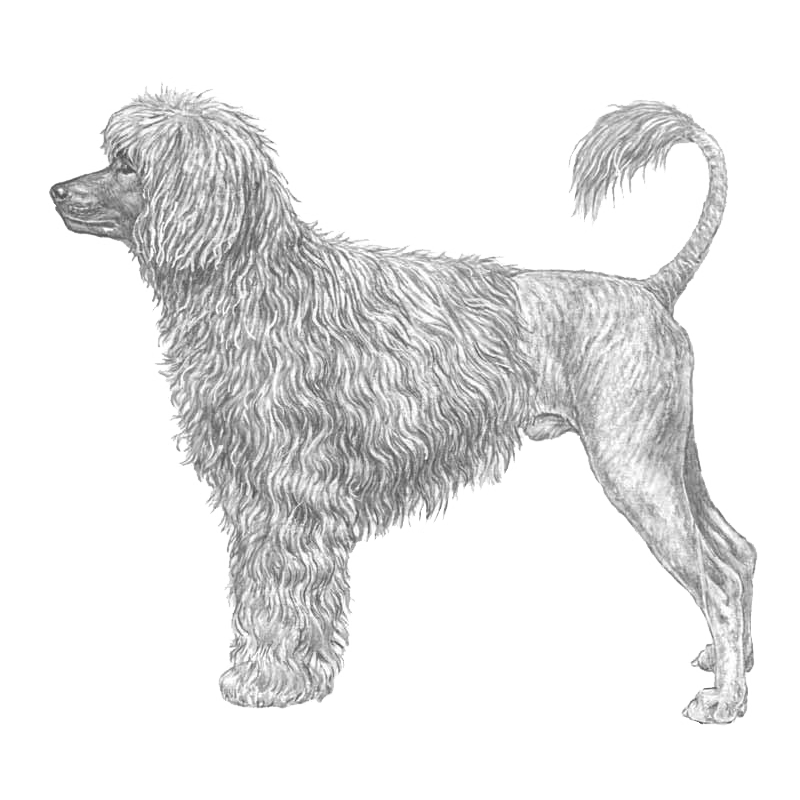
Portuguese Water Dogs are originally from the Portuguese region of the Algarve, from where the breed expanded to all around Portugal's coast, where they were taught to herd fish into fishermen's nets, to retrieve lost tackle or broken nets, and to act as couriers from ship to ship, or ship to shore.
- 0 comments
- 3,637 views
-
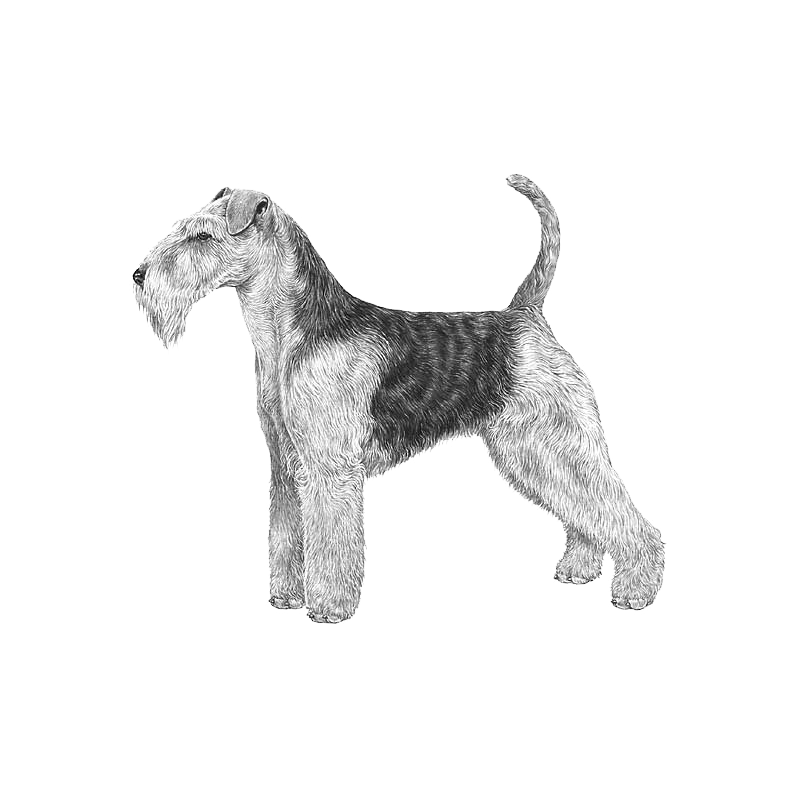
Originally used in hunting the fox, badger and even otter, the Welsh and Lakeland Terriers, which have considerable similarity, may well have had a common origin prior to the Roman invasion of Britain when their Celtic owners retreated to the Welsh mountains and the Lake District. He is a neat, workmanlike dog with a tight wiry coat normally of black and tan.
Source: IKC
- 0 comments
- 2,522 views
-
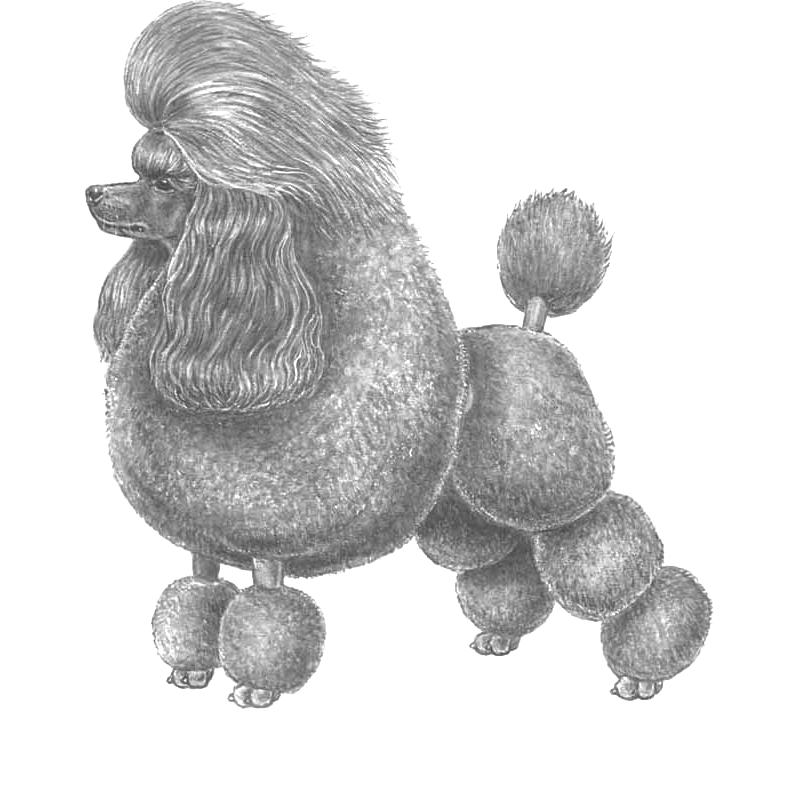
Originally the medium poodle was bred to be a hunting dog, specializing in retrieving birds from water. Today's dogs are versatile companions that compete in different dog sports/performance events. Poodles are well known competitors in the conformation show rings. The medium poodle is recognized by F.C.I. in European countries along with the other poodle sizes; variety data is from same resources. Size for the medium poodle is listed in the F.C.I. breed standard as between 35-45 cm. The AKC and UK Kennel Club do not recognize the medium poodle.
- 0 comments
- 1,997 views
-
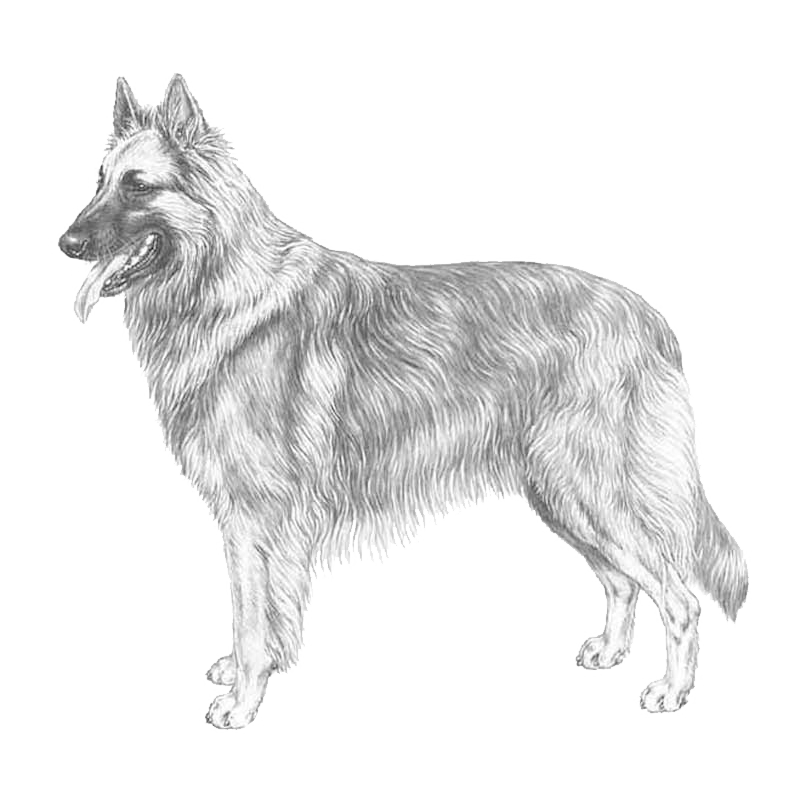
Originally the dogs were utilized on farms as herders and guardians; today’s Tervs are employed as military and police K-9s, as search-and-rescue, and as service dogs for the disabled as well as working companion that excel competing in a variety of dog sports.
NOTE: The Federation Cynologique Internationale (FCI) describes the Malinois, together with the Groenendael, the Laekenois, and the Tervueren, as varieties of the Belgian Shepherd dog breed. The American Kennel Club, however, officially recognizes the Belgian Malinois, the Belgian Sheepdog (FCI: Groenendael), the Belgian Laekenois (FCI: Laekenois), and the Belgian Tervuren (FCI: Tervueren) as four distinct breeds.
Source: https://www.ncbi.nlm.nih.gov/pmc/articles/PMC7140874/
- 0 comments
- 1,761 views
-
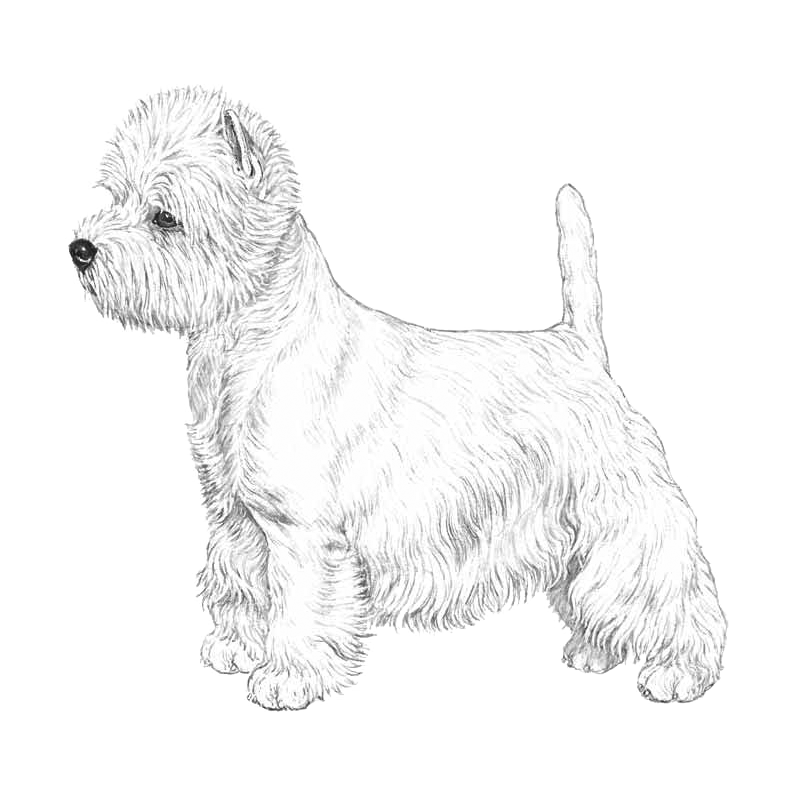
One of the most popular of the terrier breeds, the West Highland White has a cheerful, outgoing personality. He makes an ideal companion and playmate for youngsters as he is full of fun and virtually tireless.
Source: https://www.thekennelclub.org.uk/search/breeds-a-to-z/breeds/terrier/west-highland-white-terrier/
- 0 comments
- 5,967 views
-
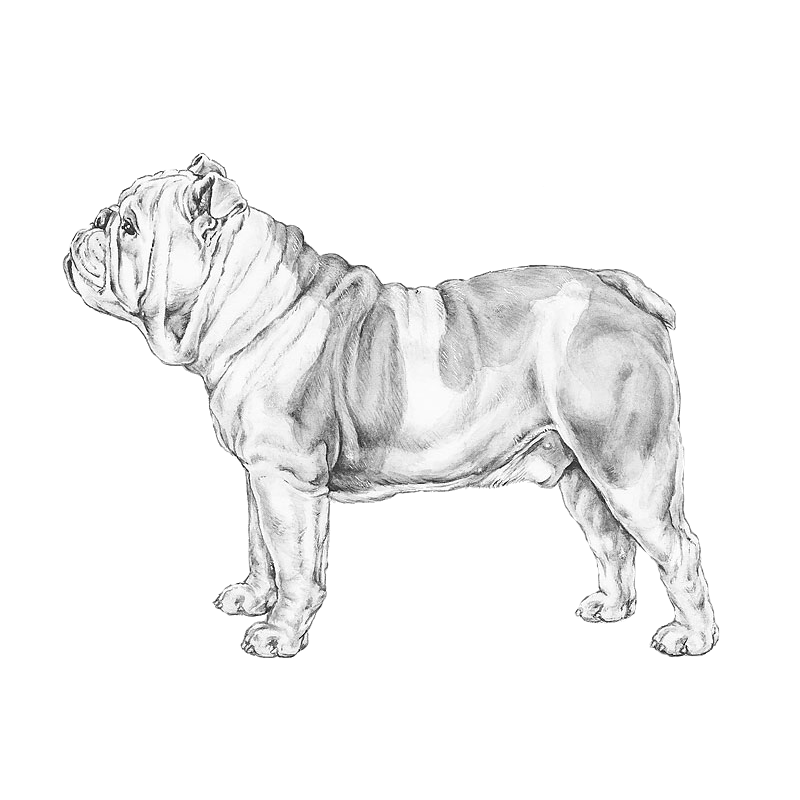
One of Britain’s oldest indigenous breeds, the Bulldog is known as the National dog of Great Britain and is associated throughout the world with British determination and the legendary John Bull. The Bulldog was first classified as such in the 1630s, though there is earlier mention of similar types referred to as bandogs, a term reserved today for a type of fighting dog.
Source: The Kennel Club
- 0 comments
- 13,068 views
-
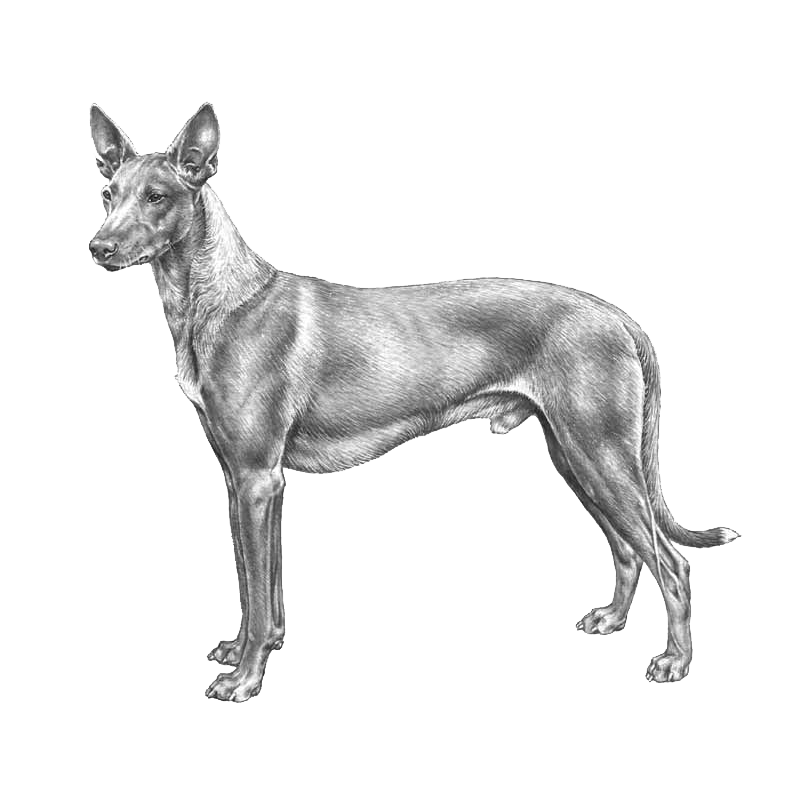
Medium-sized and of noble bearing, the Pharaoh Hound should be graceful, powerful, and above all - fast. Coat color can range from tan to chestnut to red golden, with white markings on the tip of the tail, chest, toes and on the center line of the face. A unique breed characteristic is their "blush" - when happy or excited, the nose and ears turn a deep rose color. Today, their willingness to please makes them excellent candidates for hunting, obedience and lure coursing.
- 0 comments
- 5,970 views
-
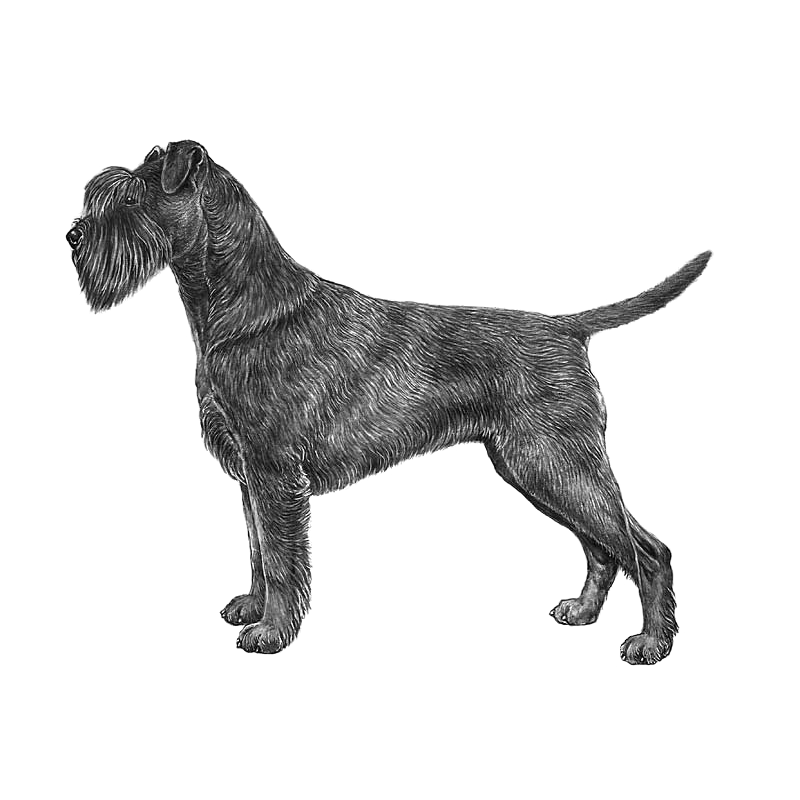
Medium sized, strong, stocky rather than slim, rough haired. Typical characteristics are his lively temperament, coupled with placid composure. Typical are his good nature, his playfulness and his proverbial devotion to his master. He loves children, is incorruptible, alert, yet not noisy.
Source: http://www.fci.be/en/nomenclature/SCHNAUZER-182.html
- 0 comments
- 4,595 views
-
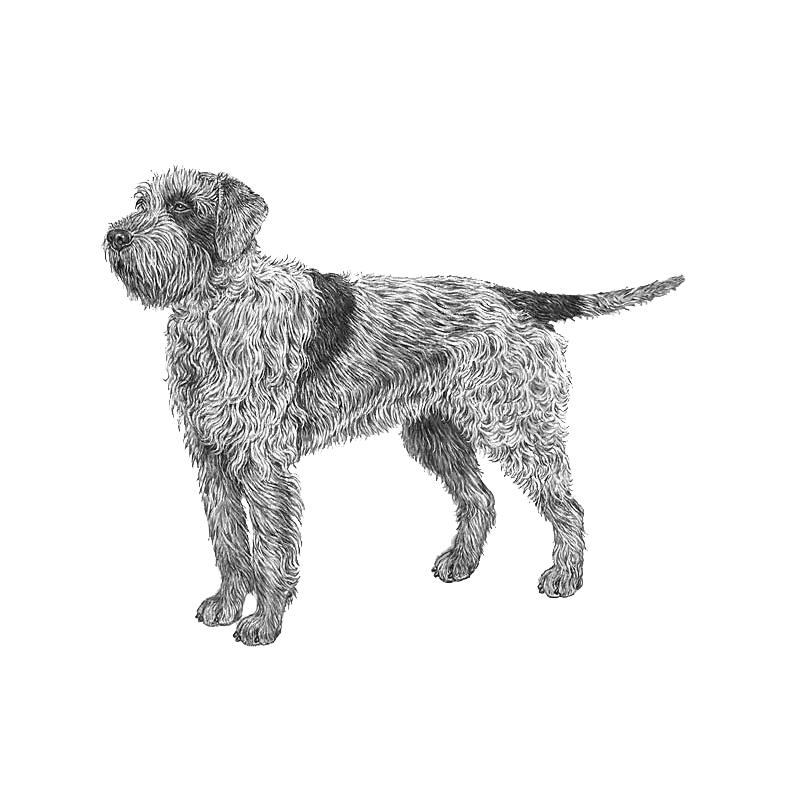
Medium sized and bred to cover all terrain encountered by the walking hunter, the Wirehaired Pointing Griffon has been called the "4-wheel drive of hunting dogs" as he will enter briars or underbrush without hesitation. Griffs excel equally as pointers in the field and as retrievers in the water. Their coarse double coat protects them in rough cover and gives them an unkempt appearance.
Source: AKC
- 0 comments
- 2,386 views
-
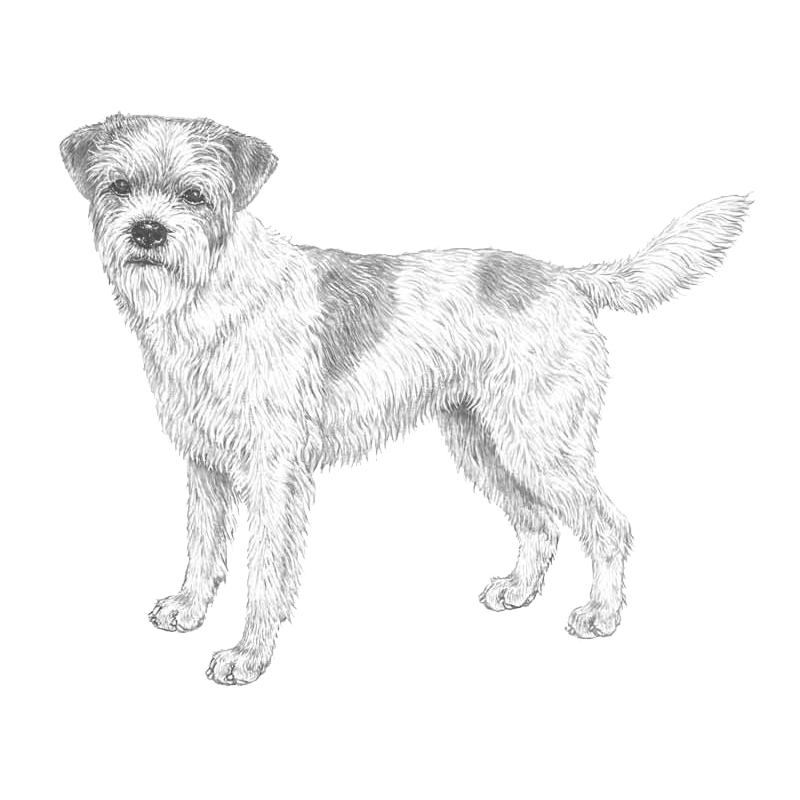
Medium size. There are two separate varieties, distinguished by coat type: Rough coat and Smooth coat. Adaptable, docile and highspirited companion and house-dog, somewhat reserved about strangers, with a moderate hunting instinct. Aggressiveness and timidity not desired.
Source: http://www.fci.be/en/nomenclature/KROMFOHRLANDER-192.html
- 0 comments
- 6,475 views
-
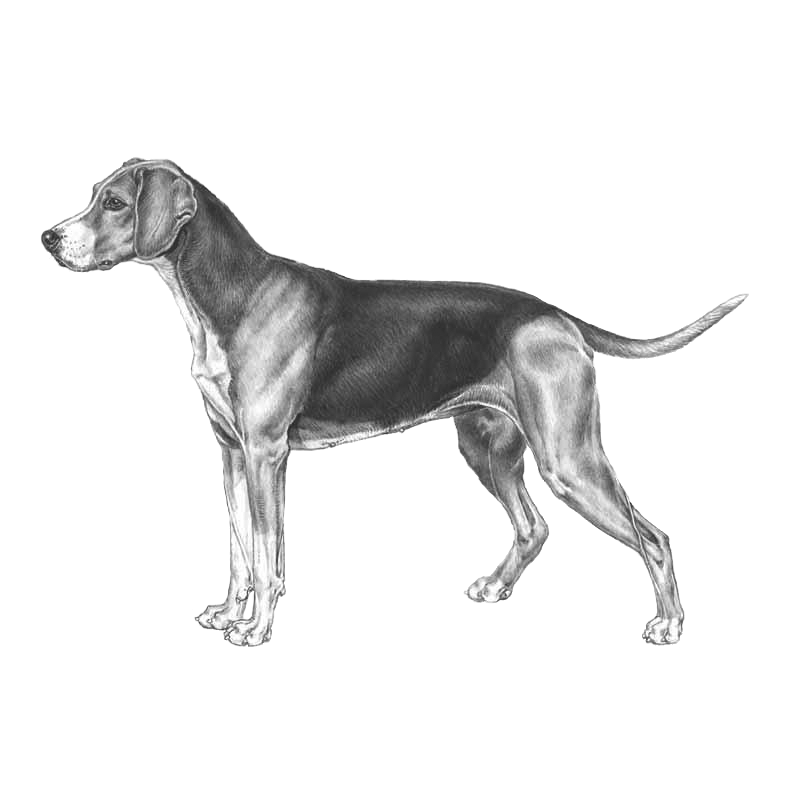
Many hunters consider the Finnish Hound to be the world's best game-pursuing breed at the moment.
The Finnish Hound is a native breed and one of the most popular dog breeds in Finland. It is used almost solely to hunt hares or foxes. It works independently, tracking either earth or airborne scent and will pursue game and bark passionately. The long hunting season for hares and foxes contribute to the breed's popularity. The Finnish Kennel Club registered 1,475 Finnish Hounds in 2012. In total, 20,030 Finnish Hounds were registered in 2003-2012.
From: Kennelliito (The Finnish Kennel Club, IPFD Founding Partner) Native Breeds
- 0 comments
- 5,405 views
-
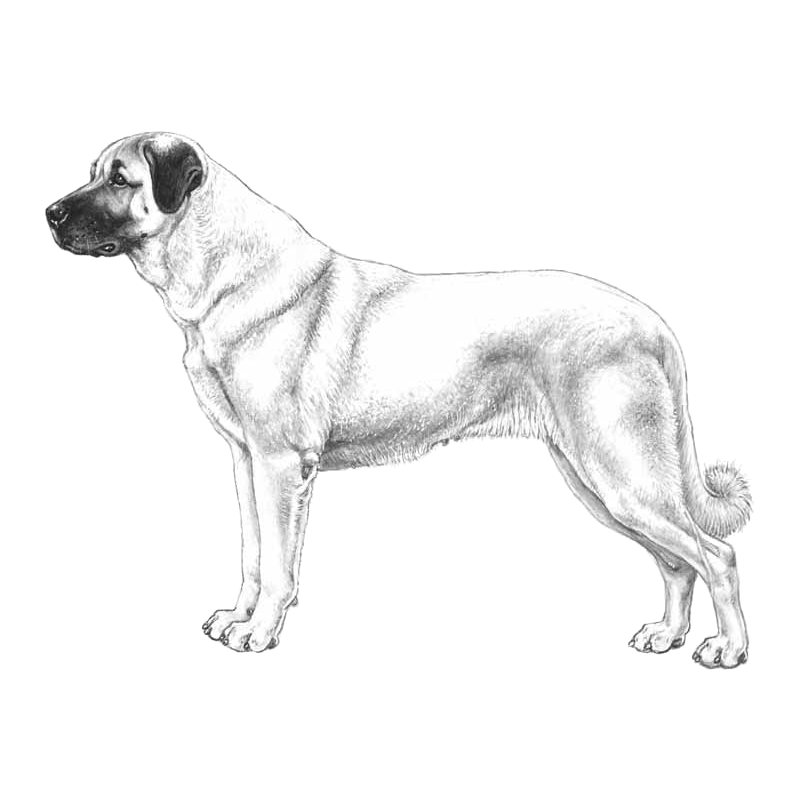
Large, rugged and powerful, the Anatolian Shepherd Dog is a working guard dog, possessing a superior ability to protect livestock. While not a "glamour" breed, the Anatolian's loyalty, independence and hardiness is cherished by breeders and owners.
Source: AKC
- 0 comments
- 7,911 views
-
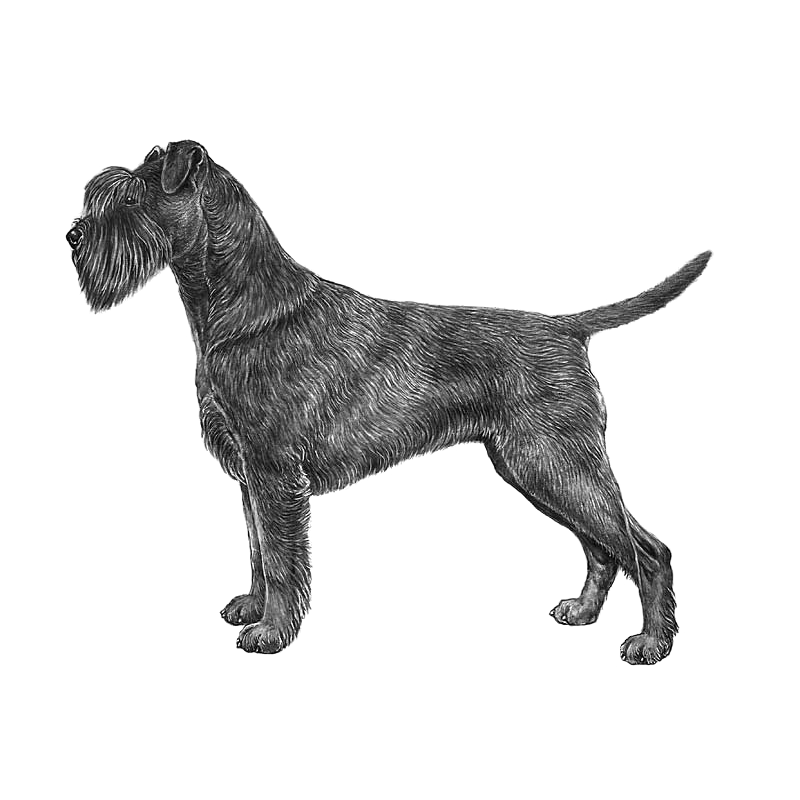 An imperturbable dog, prepared for defense, whose appearance fills with respect. Typical characteristics of this dog are his good natured, even temperament and his incorruptible loyalty towards his master. He has highly developed sense organs, intelligence, trainability, strength, endurance, speed, resistance to weather and diseases. His inborn ability to bear strain and his self assurance make him best suited for being a companion, sporting, utility and working dog.
An imperturbable dog, prepared for defense, whose appearance fills with respect. Typical characteristics of this dog are his good natured, even temperament and his incorruptible loyalty towards his master. He has highly developed sense organs, intelligence, trainability, strength, endurance, speed, resistance to weather and diseases. His inborn ability to bear strain and his self assurance make him best suited for being a companion, sporting, utility and working dog.Large, powerful, stocky rather than slim. An enlarged, powerful image of the Schnauzer. An imperturbable dog, prepared for defense, whose appearance fills with respect. Typical characteristics of this dog are his good natured, even temperament and his incorruptible loyalty towards his master. He has highly developed sense organs, intelligence, trainability, strength, endurance, speed, resistance to weather and diseases. His inborn ability to bear strain and his self assurance make him best suited for being a companion, sporting, utility and working dog.
Source: http://www.fci.be/en/nomenclature/GIANT-SCHNAUZER-181.html
- 0 comments
- 4,413 views
-
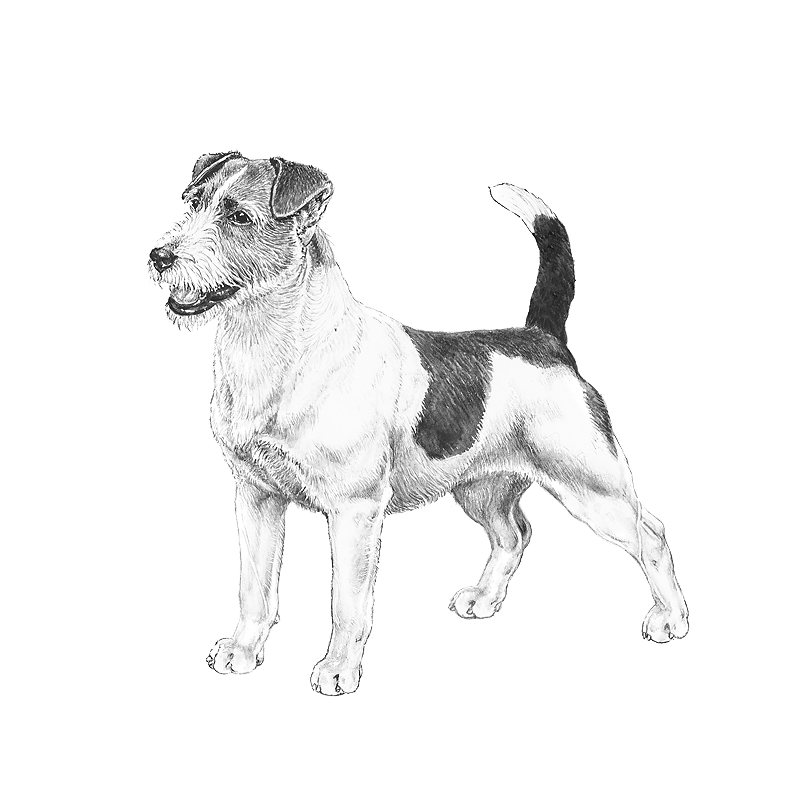
Jack Russell terriers are tough, tenacious, athletic, and super friendly. This energetic dog was bred to be a working dog and still displays the cleverness that made it a highly-sought after hunting dog back in the early 19th century.
Source: https://www.petinsurance.com/healthzone/pet-articles/pet-breeds/5-Things-You-Didnt-Know-About-Jack-Russell-Terriers.aspx
- 0 comments
- 11,801 views

